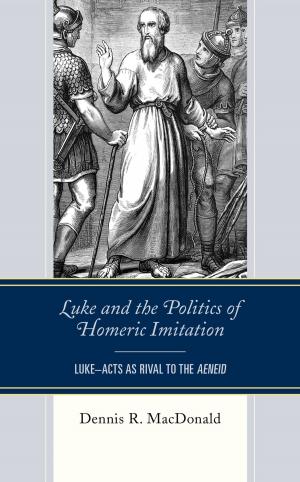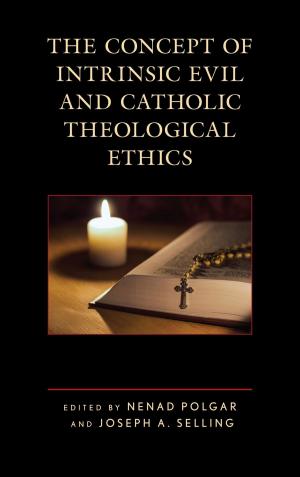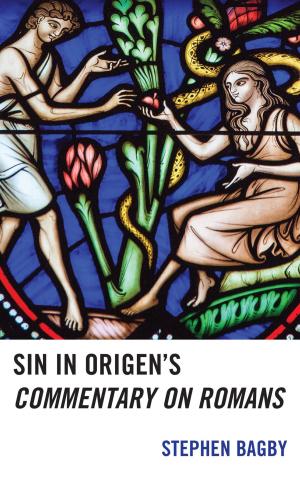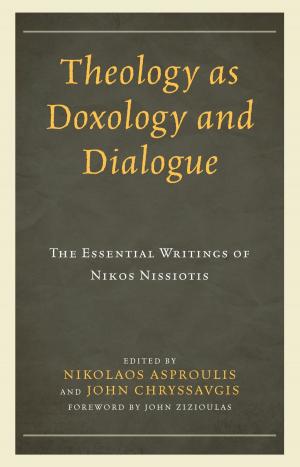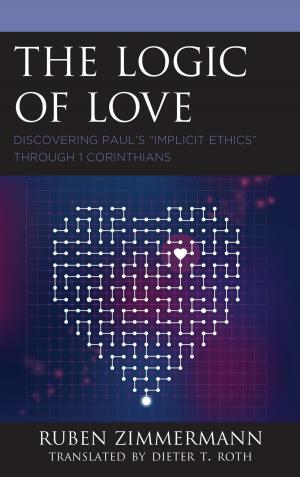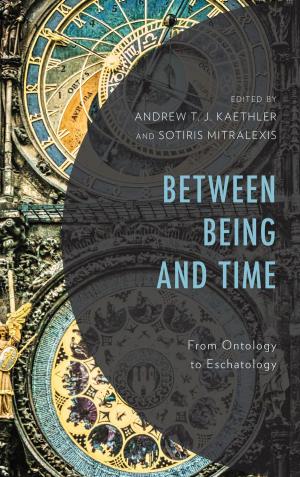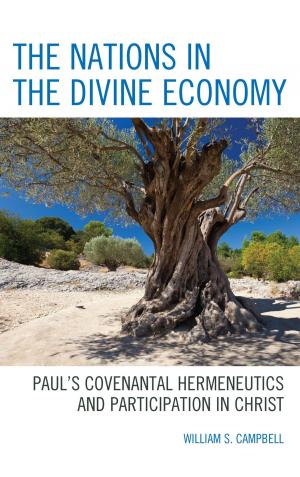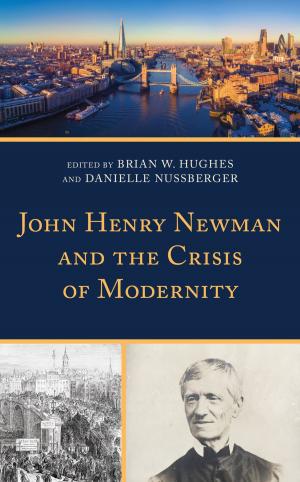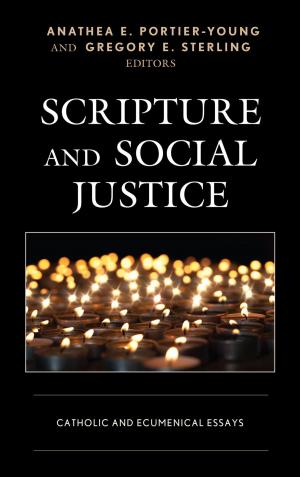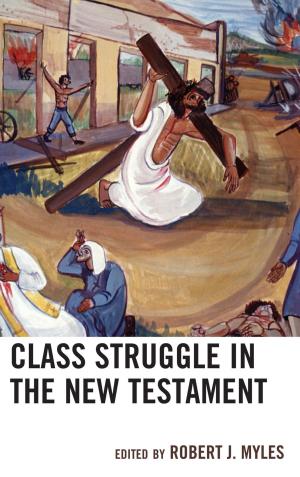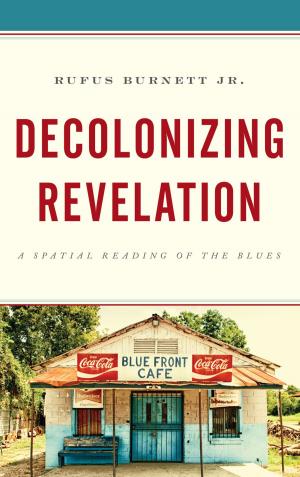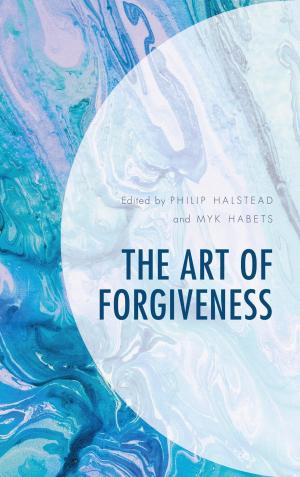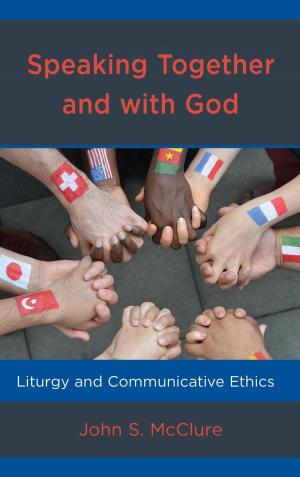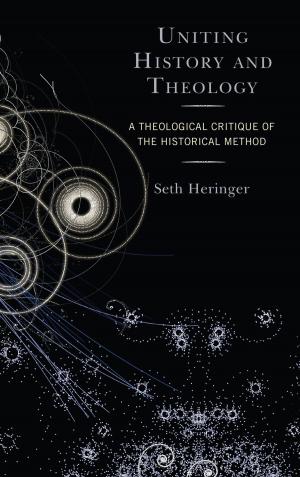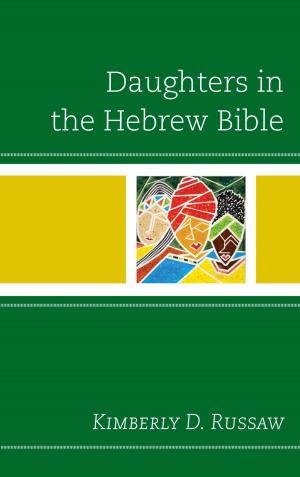The Gospel of John and Jewish–Christian Relations
Nonfiction, Religion & Spirituality, Bible & Bible Studies, New Testament, Criticism & Interpretation| Author: | Michael Azar, R. Alan Culpepper, Marcia Kupfer, Amy-Jill Levine, Michael Marissen, Pheme Perkins, Adele Reinhartz, Eileen Schuller, Richard Walsh | ISBN: | 9781978703490 |
| Publisher: | Fortress Academic | Publication: | October 15, 2018 |
| Imprint: | Fortress Academic | Language: | English |
| Author: | Michael Azar, R. Alan Culpepper, Marcia Kupfer, Amy-Jill Levine, Michael Marissen, Pheme Perkins, Adele Reinhartz, Eileen Schuller, Richard Walsh |
| ISBN: | 9781978703490 |
| Publisher: | Fortress Academic |
| Publication: | October 15, 2018 |
| Imprint: | Fortress Academic |
| Language: | English |
The Fourth Gospel is at the same time a sublime work that has inspired and enriched the faith of countless Christians and a problematic text that has provided potent anti-Jewish imagery exploited in anti-Jewish and anti-Semitic discourse over the course of two millennia. The Fourth Gospel contains approximately 70 references to hoi ioudaioi, a designation most often (and best) translated as “the Jews.” Several of these references are neutral or descriptive, referring to Jewish festivals or specific practices, and some depict individual Jews or Jewish groups as interested in Jesus’ message. The vast majority, however, express a negative or even hostile stance towards the Jews. These passages express several themes that became central to Christian anti-Jewish and anti-Semitic discourse. These include the charge of deicide – killing God – and the claim that the Jews have the devil as their father (8:44).
The essays in this book address both the Gospel’s stance towards the Jews and the Gospel’s impact on Jewish–Christian relations from antiquity to the present day, in a range of media, including sermons, iconography, art, music, and film. A short volume of collected essays cannot hope to address the full history of the Fourth Gospel’s impact on Jewish–Christian relations. Nevertheless, it is hoped that this volume will contribute to the efforts of Christians and Jews alike to find ways to appreciate what is good and life-affirming about the Gospel of John, while also acknowledging the damaging impact of its portrayal of Jews as the children of Satan and the killers of Christ. Only when Christians disavow this portrayal can the Gospel of John continue to be a true source of inspiration and perhaps even a path forward in the relationships between Jews and Christians in the modern world.
The Fourth Gospel is at the same time a sublime work that has inspired and enriched the faith of countless Christians and a problematic text that has provided potent anti-Jewish imagery exploited in anti-Jewish and anti-Semitic discourse over the course of two millennia. The Fourth Gospel contains approximately 70 references to hoi ioudaioi, a designation most often (and best) translated as “the Jews.” Several of these references are neutral or descriptive, referring to Jewish festivals or specific practices, and some depict individual Jews or Jewish groups as interested in Jesus’ message. The vast majority, however, express a negative or even hostile stance towards the Jews. These passages express several themes that became central to Christian anti-Jewish and anti-Semitic discourse. These include the charge of deicide – killing God – and the claim that the Jews have the devil as their father (8:44).
The essays in this book address both the Gospel’s stance towards the Jews and the Gospel’s impact on Jewish–Christian relations from antiquity to the present day, in a range of media, including sermons, iconography, art, music, and film. A short volume of collected essays cannot hope to address the full history of the Fourth Gospel’s impact on Jewish–Christian relations. Nevertheless, it is hoped that this volume will contribute to the efforts of Christians and Jews alike to find ways to appreciate what is good and life-affirming about the Gospel of John, while also acknowledging the damaging impact of its portrayal of Jews as the children of Satan and the killers of Christ. Only when Christians disavow this portrayal can the Gospel of John continue to be a true source of inspiration and perhaps even a path forward in the relationships between Jews and Christians in the modern world.

